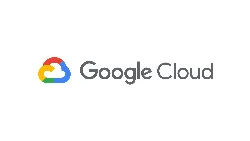
Serverless Data Processing with Dataflow: Foundations 
This course is part 1 of a 3-course series on Serverless Data Processing with Dataflow. Learn the Apache Beam vision, the benefits of the Beam Portability framework, how Dataflow allows you to separate compute and storage, and how to implement the right security model for your use case. Prerequisites include courses on Building batch data pipelines and Building Resilient Streaming Analytics Systems. Enroll now to start learning! ▼
ADVERTISEMENT
Course Feature
![]() Cost:
Cost:
Free
![]() Provider:
Provider:
Coursera
![]() Certificate:
Certificate:
Paid Certification
![]() Language:
Language:
English
![]() Start Date:
Start Date:
5th Jun, 2023
Course Overview
❗The content presented here is sourced directly from Coursera platform. For comprehensive course details, including enrollment information, simply click on the 'Go to class' link on our website.
Updated in [May 25th, 2023]
What skills and knowledge will you acquire during this course?
During this course, you will acquire the skills and knowledge to understand the concepts and principles of Apache Beam and its relationship with Dataflow. You will also learn about the benefits of the Beam Portability framework and how it allows developers to use their preferred programming language with their desired execution backend. Additionally, you will gain an understanding of how Dataflow enables the separation of compute and storage, leading to cost savings. You will also learn about the interaction between identity, access, and management tools with Dataflow pipelines. Lastly, the course will cover the implementation of the appropriate security model for your specific use case on Dataflow.
How does this course contribute to professional growth?
This course on Serverless Data Processing with Dataflow contributes to professional growth by providing a refresher on Apache Beam and its relationship with Dataflow. It also introduces the Apache Beam vision and the benefits of the Beam Portability framework, which allows developers to use their preferred programming language with their preferred execution backend. The course teaches how Dataflow enables the separation of compute and storage, leading to cost savings. It also covers the interaction of identity, access, and management tools with Dataflow pipelines. Additionally, the course explores implementing the appropriate security model for Dataflow use cases. Prior knowledge in Data Engineering and completion of prerequisite courses on building batch data pipelines and resilient streaming analytics systems on Google Cloud are recommended for enrollment in this course.
Is this course suitable for preparing further education?
This course is suitable for preparing further education.
Pros & Cons

Builds on Data and ML Engineer Specialization.

Covers fundamentals of Beam and Dataflow runner.

Easy and quick.

Great course for beginners.

Limited lab exercises.

No detailed explanation of concepts.

Poor slides.

No access to GCP console.
Course Provider

Provider Coursera's Stats at AZClass
Discussion and Reviews
0.0 (Based on 0 reviews)
Explore Similar Online Courses
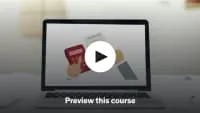
Complete Accounting + Tally prime + Tally ERP9 + GST ( 4 in 1)
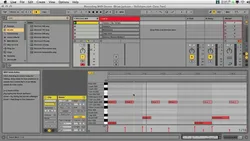
Ableton Live II: MIDI (Musical Instrument Digital Interface)

Python for Informatics: Exploring Information

Social Network Analysis

Introduction to Systematic Review and Meta-Analysis

The Analytics Edge

DCO042 - Python For Informatics

Causal Diagrams: Draw Your Assumptions Before Your Conclusions

Whole genome sequencing of bacterial genomes - tools and applications
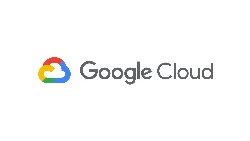
Serverless Data Processing with Dataflow: Develop Pipelines
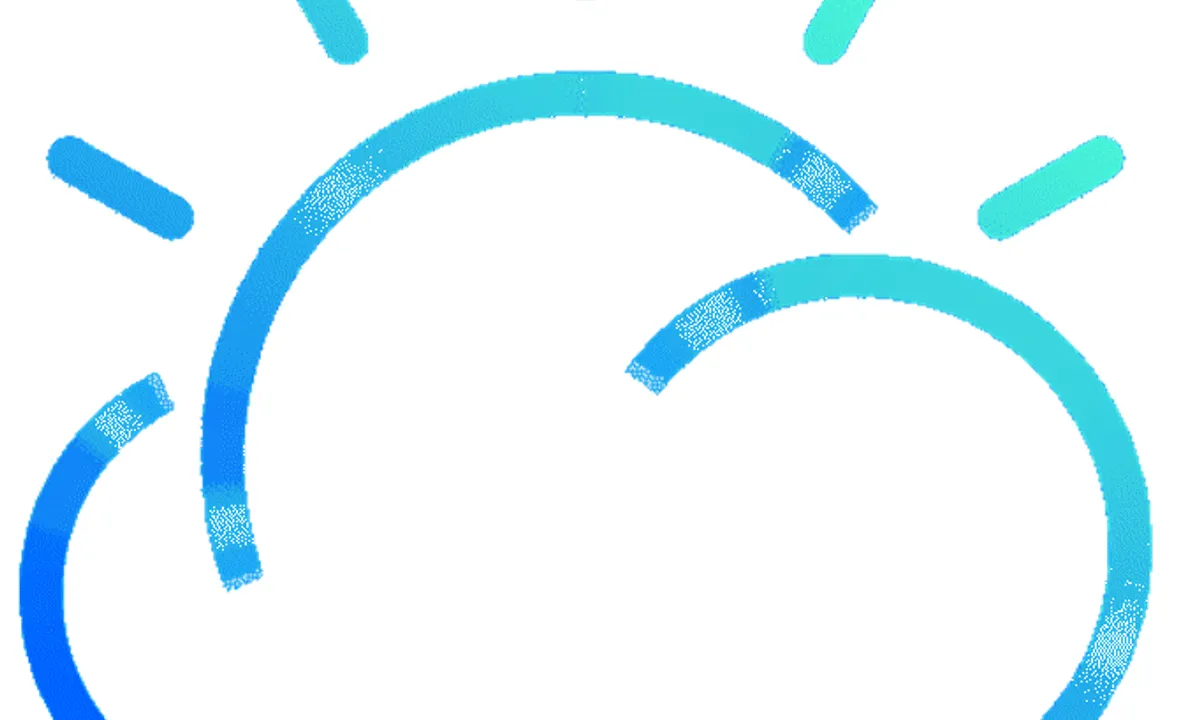
IBM Cloud Essentials
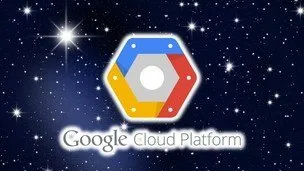

Start your review of Serverless Data Processing with Dataflow: Foundations